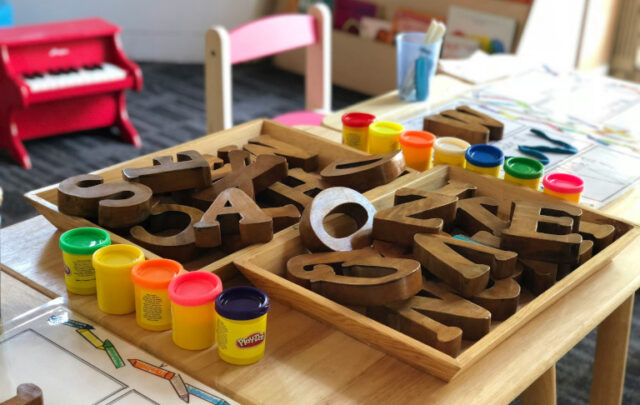In Akron, Ohio, an unlikely publication is taking a bold step toward sustainability — not through traditional financial avenues, but by offering ownership of the paper to the community. The Devil Strip, an alternative weekly outlet that covers culture, music and art for the nearly 200,000 residents of the city, has launched a campaign with NewsMatch — a national matching-gift campaign for newsrooms — to become a fully reader-owned media cooperative.
“The response has been great so far. Our original goal was $20,000 because that’s how much NewsMatch would match, dollar-for-dollar, from November 1 to December 31, but we exceeded that in a week,” says Chris Horne, publisher at The Devil Strip. “We’re hell-bent on keeping the community involved, which is why we’re becoming a co-op.”
The paper’s move to become a local news co-op is partly a response to the financial challenges facing news media in general; the industry has been struggling for the past two decades. The loss of revenue streams caused by the rise of Craigslist — which drained classified income — along with the shift to digital and the domination of Facebook and Google ads, have led to widespread layoffs and shutdowns across the journalism sector.
According to the Pew Research Center, United States newsroom employment has fallen by a quarter since 2008, with local and regional newspapers especially struggling. The alt-weekly sector has been hit hard, too. Even big city outlets are not immune. The Village Voice, a New York City institution and possibly the original alt-weekly, ceased publication in September of 2019, following the closure of similar outlets in Hawaii and Miami.
Amidst this, The Devil Strip has already had an unusual journey. It was founded five years ago — as other alt-weeklies were folding — because the founders saw a need in the community.
“When my family moved to Akron, Ohio a little more than six years ago, there was no alt-weekly serving the city,” said Horne. “I saw this great, rich opportunity.”
In that time, The Devil Strip has covered arts, culture, and local businesses, bringing stories to readers that would not have been possible otherwise. While the impact is real, financially the outlet has faced continuous challenges. Until now they’ve relied on ad sales and support from small businesses and nonprofits, which was not sustainable. There was also a more social reason: the paper relied on contributors throughout the community, and giving them ownership made sense.
“I was interested in turning The Devil Strip into a co-op because we relied so much on Akronites who often didn’t have professional journalism experience or training, but were willing to share their talents to tell Akron’s story,” says Horne.
They are not embarking on this journey alone. The Membership Puzzle Project, based at New York University, has been coaching staff as they shift their business model. They are also taking lessons from The Bristol Cable in England, which is already a local news co-op. At the same time, they realized that to be successful they cannot forget their roots.
“It’s important to embrace the flexibility of the co-op so it matches what your community needs,” said Horne. “If someone was setting up a local news co-op in my hometown of Macon, Georgia, it should be different than The Devil Strip, and so on and so forth.”
Once the transition is complete, every member-owner will have the ability to vote, run for the board of trustees, and play a role in budgeting, programming questions, and even editorial projects. As little as $1 per month is all it takes to become a member-owner, and once someone has invested $330, they become a fully vested shareholder for life. The only requirement is that — for legal purposes — all member-owners must be residents of Ohio.
The stretch goal for The Devil Strip is to get 1,000 member-owners by the end of 2020 – a challenge, but one that is well within reach due to the early success of the campaign thus far.
And the impact could extend far beyond Akron’s borders. According to Horne, other similar publications are considering following in The Devil Strip’s path, including the Northern California alt-weekly Mendocino Voice. In the end, though, even a co-op is just a model – what matters is how it’s used.
“The co-op model is just another business structure with its pros and cons, just like an LLC or B-Corp or whatever,” said Horne. “So the key is to think about how it can protect or improve your mission.”
Once the Newsmatch campaign ends on December 31st, the hard work will begin: actually setting up and running the cooperative. This will include electing the first board members, organizing the first annual meeting for all reader-owners, and figuring out the next phase in The Devil Strip’s mission to build community in Akron.
The power will no longer be in Horne’s — or editor-in-chief Rosalie Murphy’s — hands. Reader-owners will, collaboratively, determine the future of the publication. It is uncharted territory, but one that readers, staff and editors are all eager to begin.
Feature image credit: The Devil’s Strip via Medium article by Chris Horne
This article is cross posted with permission from Shareable.net.





